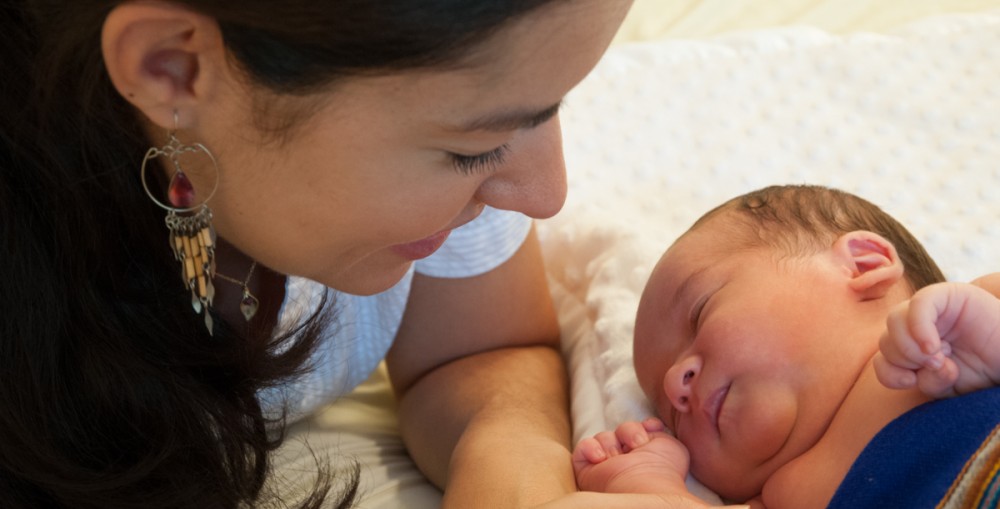I didn’t know suctioning newborns was considered a controversial practice. I’m actually surprised because it seemed to me that most hospitals suctioned newborns once they’re born. At Dekalb Medical, a bulb syringe in the crib is part of their safety protocol and must be charted as present, along with the newborn’s security band, patient bands, etc. Apparently though, suctioning can induce adverse effects in the newborn such as bradycardia and apnea, and this practice may not even be as effective as people think. This study (http://www.sciencedirect.com/science/article/pii/S0140673613607758) compares the use of bulb suctioning a newborn with wiping the newborn’s mouth and nose with a towel. According to this study, both methods essentially have the same outcomes. However, more serious aspiration such as meconium aspiration was excluded from the study. So, suctioning still has a place in the care of newborns, but it is a practice that may need to become less prevalent.
Reference:
Kelleher, J., Bhat, R., Salas, A., Addis, D., Mills, E. C., Mallick, H.,…& Carlo, W. (2013). Oronasopharyngeal suction versus wiping of the mouth and nose at birth: A randomised equivalency trial. The Lancet, 382(9889), 326-330. doi: 10.1016/S0140-6736(13)60775-8
